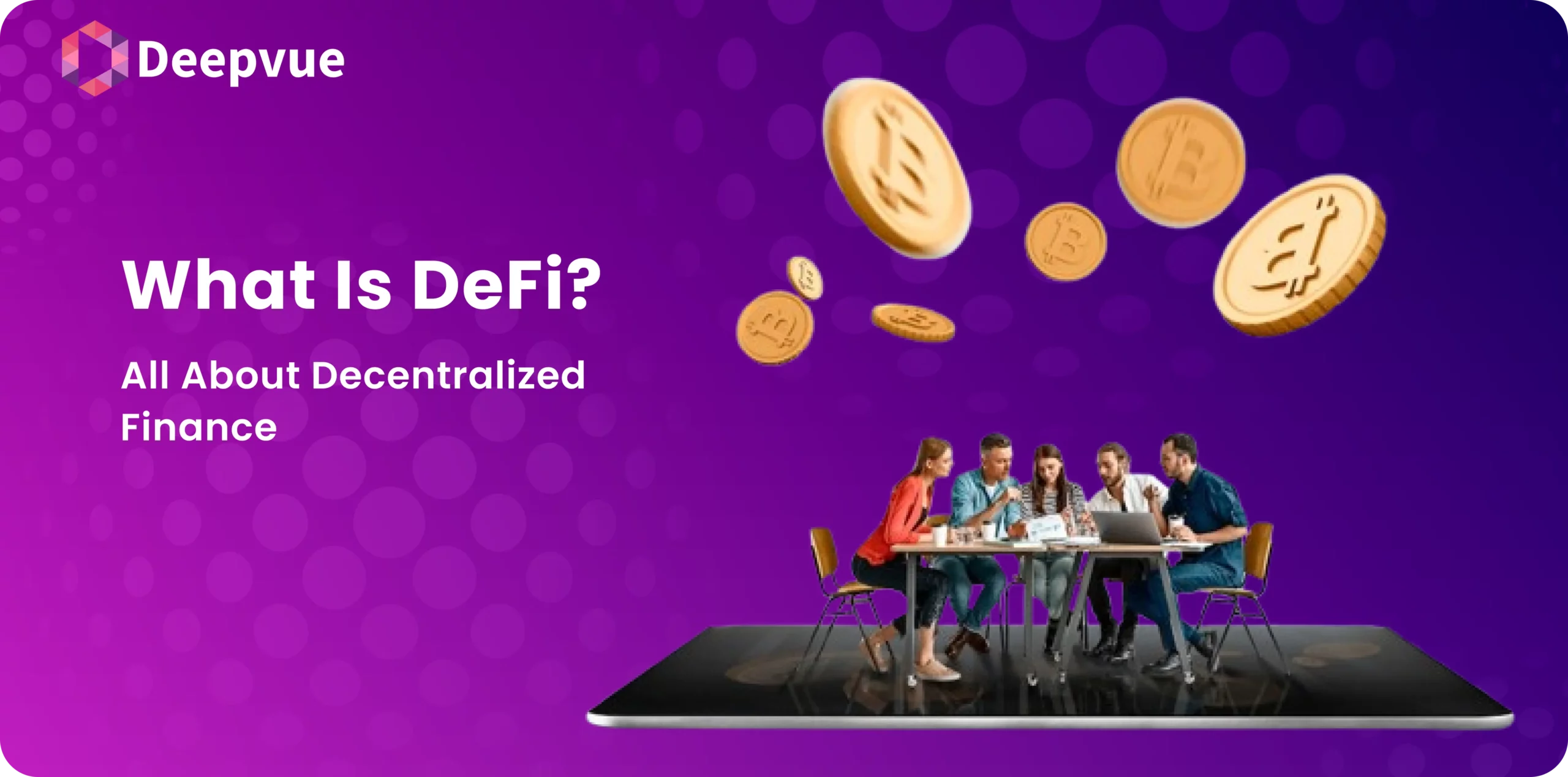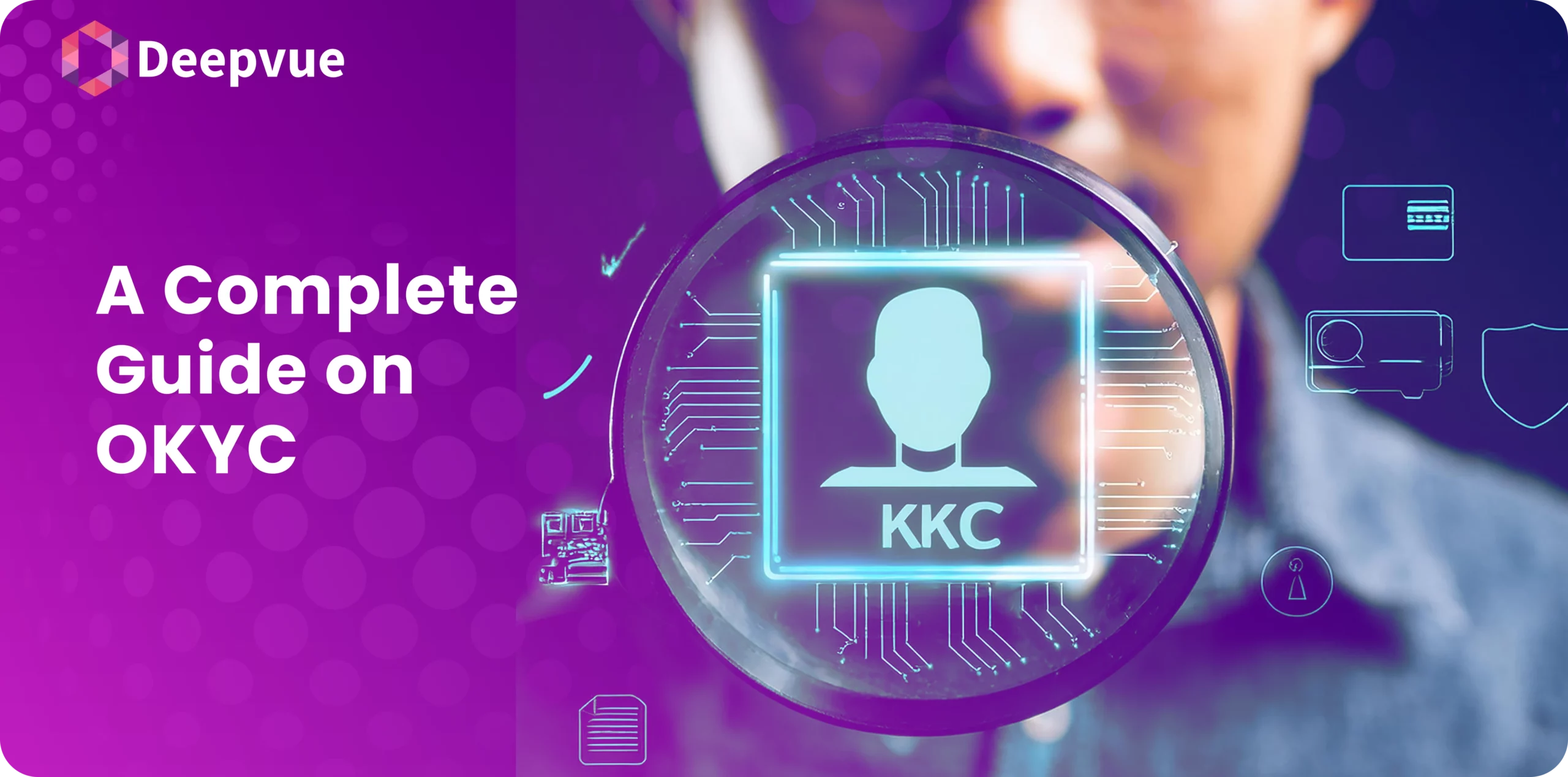In recent years, a new wave of financial innovation known as Decentralized Finance, or DeFi, has emerged, promising to revolutionize the traditional financial landscape. Unlike traditional financial systems that rely on intermediaries such as banks and financial institutions, DeFi leverages blockchain technology to facilitate peer-to-peer transactions and create a more inclusive and transparent financial ecosystem. This blog will talk about what DeFi is, how it works, its benefits, and the potential risks associated with it.
Understanding Decentralized Finance (DeFi)
Decentralized Finance, or DeFi, is an umbrella term for a variety of financial applications in cryptocurrency or blockchain geared toward disrupting financial intermediaries. DeFi aims to create an open-source, permissionless, and transparent financial service ecosystem that is available to everyone and operates without any central authority.
Key Components of DeFi:
Cryptocurrencies
Digital or virtual currencies that use cryptography for security and operate on decentralized networks based on blockchain technology.
Smart Contracts
Self-executing contracts with the terms of the agreement directly written into code. These contracts automatically enforce and execute the terms once the conditions are met.
Decentralized Applications (dApps)
Applications that run on a blockchain network rather than a centralized server.
How Does DeFi Work?
DeFi utilizes blockchain technology, the underlying tech behind cryptocurrencies like Bitcoin and Ethereum, to decentralize traditional financial services. Here’s a simplified breakdown of how DeFi works:
Blockchain Technology:
DeFi platforms operate on blockchains, which are decentralized and distributed digital ledgers that record transactions across many computers in a way that ensures the security and immutability of data.
Smart Contracts:
These are the backbone of DeFi operations. Smart contracts automate and execute transactions and agreements without the need for intermediaries. For example, if two parties agree on a loan, a smart contract can automatically manage the terms, repayment, and collateral without involving a bank.
Decentralized Exchanges (DEXs):
Platforms allow users to trade cryptocurrencies directly with each other without the need for a central authority. These exchanges use smart contracts to facilitate transactions.
Lending and Borrowing Platforms:
DeFi platforms like Aave and Compound enable users to lend their cryptocurrency to others and earn interest, or borrow against their crypto assets.
Benefits of DeFi
DeFi offers several advantages over traditional financial systems, particularly in the context of the Indian market:
- Financial Inclusion: DeFi provides access to financial services for individuals who are unbanked or underbanked. In India, where a significant portion of the population lacks access to traditional banking, DeFi can bridge this gap.
- Lower Costs: By eliminating intermediaries, DeFi reduces transaction fees and other costs associated with financial services. This is particularly beneficial in India, where high banking fees can be a barrier to financial inclusion.
- Transparency and Security: All transactions on DeFi platforms are recorded on a blockchain, which is publicly accessible and transparent. This reduces the risk of fraud and increases trust among users.
- Accessibility: Anyone with an internet connection can access DeFi services, breaking down geographical barriers and enabling participation from remote areas.
Risks and Challenges of DeFi
While DeFi offers numerous benefits, it also comes with certain risks and challenges:
- Regulatory Uncertainty: The regulatory environment for DeFi is still evolving, and there is a lack of clear guidelines. This uncertainty can pose risks for users and developers in the Indian market.
- Security Risks: Despite the security of blockchain technology, DeFi platforms are not immune to hacks and exploits. Vulnerabilities in smart contracts can lead to significant financial losses.
- Complexity: The technical nature of DeFi can be a barrier to entry for many users. Understanding how to use wallets, manage private keys, and interact with smart contracts requires a certain level of technical knowledge.
- Volatility: The value of cryptocurrencies can be highly volatile, which can impact the value of assets held in DeFi platforms and pose risks for users.
Real-World Applications of DeFi
DeFi’s potential to disrupt traditional finance is vast, and here are a few practical applications:
- Savings and Loans: DeFi platforms allow users to lend and borrow funds without needing a bank. Users can earn interest on their crypto holdings or take out loans by using their crypto as collateral.
- Decentralized Exchanges: DEXs facilitate peer-to-peer trading of cryptocurrencies without relying on a centralized entity. This reduces the risk of exchange hacks and enhances privacy.
- Stablecoins: Cryptocurrencies pegged to stable assets like the US dollar or gold can be used for transactions without the volatility typically associated with cryptocurrencies. This is particularly useful in the Indian market for remittances and cross-border transactions.
- Insurance: DeFi platforms are also exploring decentralized insurance solutions, where users can pool funds to provide coverage for various risks, including smart contract failures and exchange hacks.
How to Get Started with DeFi
For those interested in exploring DeFi, here are some steps to get started:
- Set Up a Digital Wallet:
Choose a cryptocurrency wallet that supports DeFi applications, such as MetaMask or Trust Wallet. This wallet will store your digital assets and allow you to interact with DeFi platforms.
- Purchase Cryptocurrency:
Buy some cryptocurrency (e.g., Ethereum) from a reputable exchange to use on DeFi platforms.
- Explore DeFi Platforms:
Research and choose DeFi platforms that offer the services you are interested in, such as lending, borrowing, or trading. Always ensure the platforms are reputable and secure.
- Learn and Stay Informed:
The DeFi space is rapidly evolving. Stay informed about new developments, security best practices, and regulatory changes to make the most of your DeFi experience.
Conclusion
Decentralized Finance (DeFi) represents a transformative shift in how we think about and interact with financial services. By leveraging blockchain technology and smart contracts, DeFi offers a more inclusive, transparent, and efficient financial system.
However, it is crucial to approach DeFi with an understanding of the associated risks and challenges, especially in a market like India, where regulatory clarity and financial literacy are still developing. As we move forward, DeFi has the potential to democratize access to financial services and empower individuals across the globe.
At Deepvue.tech, we are committed to providing cutting-edge API infrastructure for financial integrations and insights, enabling developers and businesses to harness the power of decentralized finance.
FAQs
What is Decentralized Finance (DeFi)?
Decentralized Finance, or DeFi, is a financial ecosystem that uses blockchain technology to create an open, permissionless, and transparent financial system. It eliminates intermediaries such as banks and financial institutions, allowing for peer-to-peer transactions and a more inclusive financial landscape.
How does DeFi differ from traditional finance?
Traditional finance relies on centralized entities like banks and financial institutions to facilitate transactions and provide financial services. DeFi, on the other hand, leverages blockchain technology and smart contracts to automate and decentralize these services, reducing the need for intermediaries and potentially lowering costs.
What are the risks associated with DeFi?
DeFi comes with several risks, including regulatory uncertainty, security vulnerabilities in smart contracts, the complexity of the technology, and the volatility of cryptocurrencies. Users must be cautious and informed about these risks before engaging in DeFi activities.
How can I start using DeFi platforms?
To start using DeFi platforms, you need to set up a digital wallet that supports DeFi applications, purchase some cryptocurrency, and explore reputable DeFi platforms that offer the services you are interested in, such as lending, borrowing, or trading. It’s essential to stay informed and follow best practices for security.
Is DeFi legal in India?
The regulatory environment for DeFi in India is still evolving. While there are no specific laws banning DeFi, the lack of clear regulations creates uncertainty. It’s essential to stay updated with the latest regulatory developments and exercise caution when engaging in DeFi activities in India.








